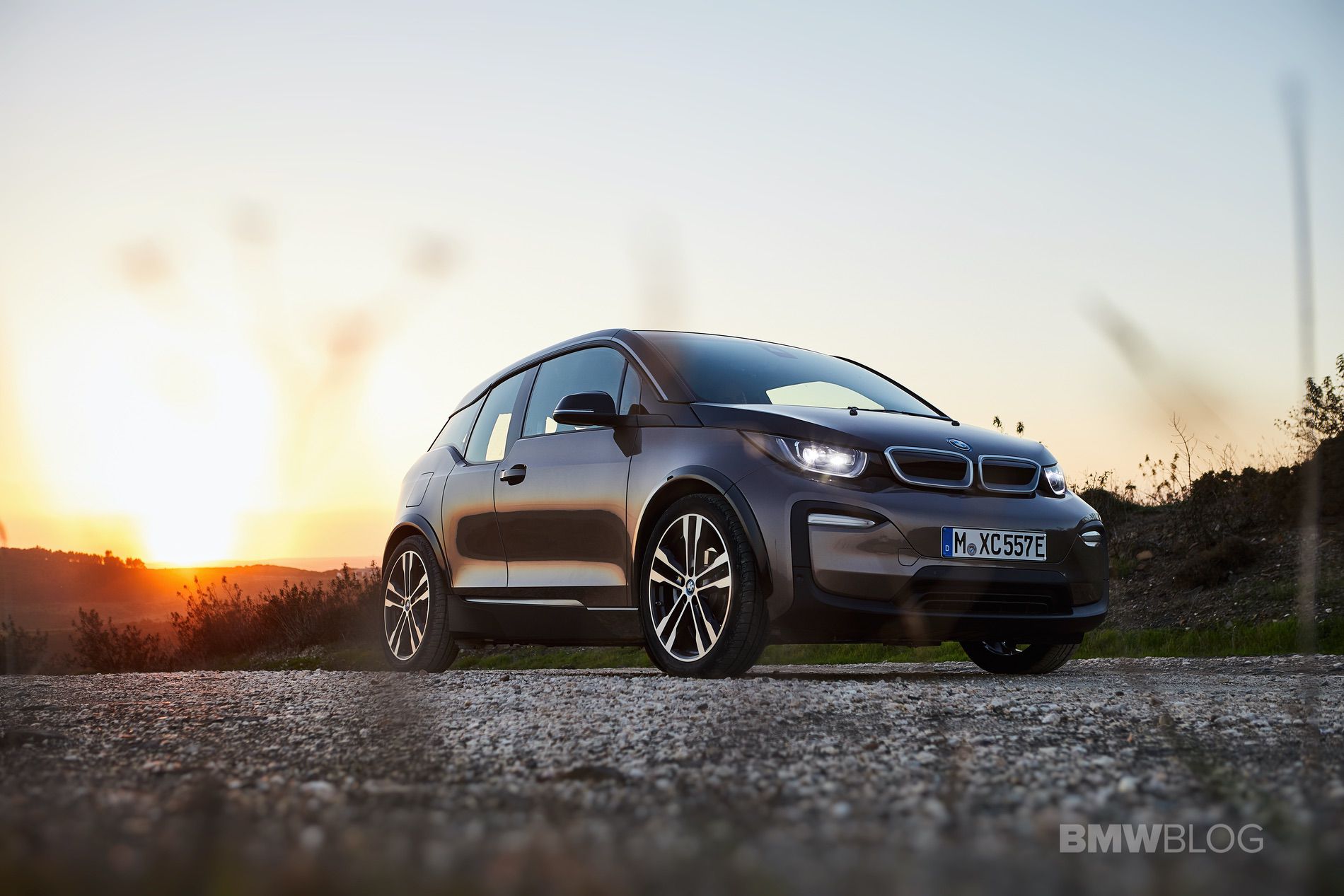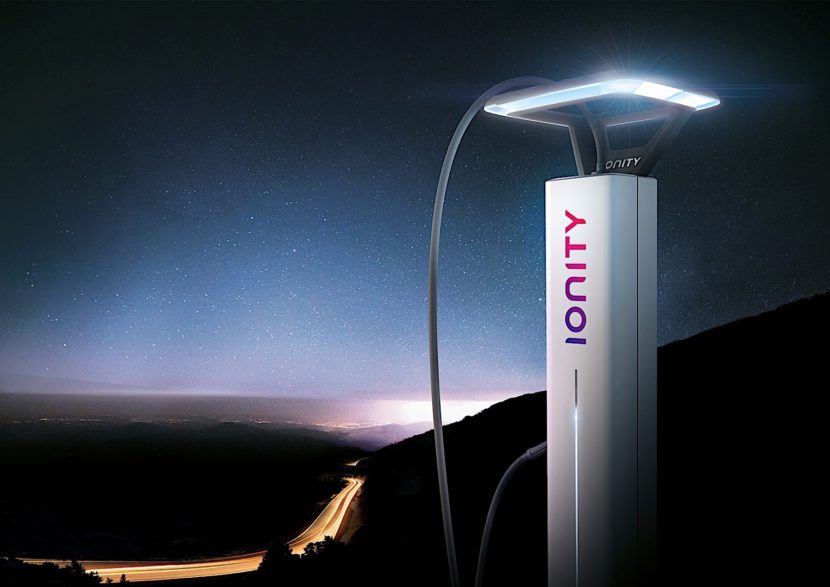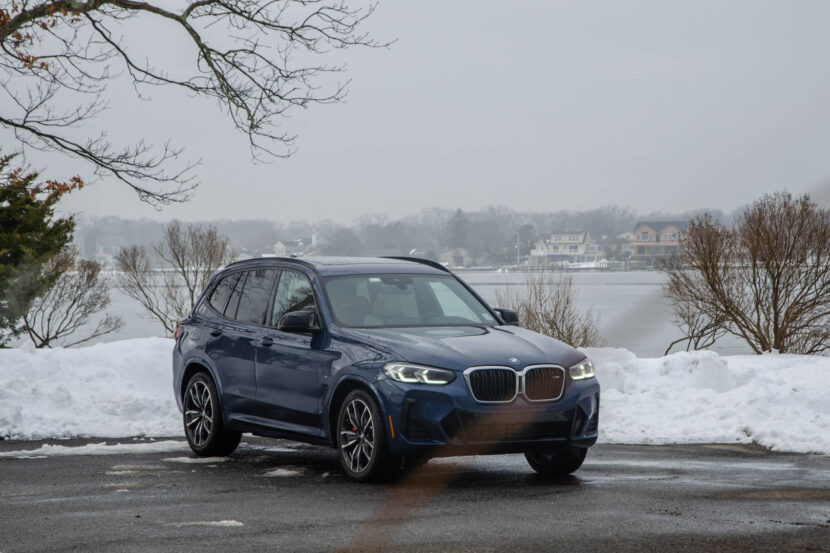Sales of electrified cars over at the BMW Group are on the rise, with the Germans are seeing double digit growth in a variety of models. Yet the story with electric cars is not always about sales and driving range, but also about the reduction in pollution. In the recent BMW Sustainable Value Report published by the Bavarians, we get to see how fleet emissions has changed over time.
Over the course of 2018, BMW delivered 75,000 electrified cars to customers. Despite being a premium manufacturer and selling cars that are usually more expensive than the industry average, BMW managed to become the clear market leader in Europe. Worldwide, the company sold more than 140,000 electrified models. The most important numbers though are those relating to the average CO2 emissions of the entire fleet.
According to BMW: “Thanks to significant growth in sales of fully-electric and plug-in hybrid vehicles, average CO2 fleet emissions in 2018 remained at the same level as the previous year, despite a further decrease in diesel sales.” That’s great news that signals the fact that a switch between diesel and hybrid/electric cars is already happening, with noticeable results. BMW will launch plethora of models following the same recipe in the next few years, including the MINI Electric, the BMW iX3 and the BMW iNEXT, which will significantly reduce CO2 and pollutant emissions.
As part of its holistic approach to electromobility, the BMW Group will also be expanding the necessary infrastructure which is a necessary move to keep customers happy. The charging service ChargeNow already gives customers access to more than 223,000 public charging points worldwide and will expand even more now that it has Daimler backing it as well. European countries are ramping up their efforts to create more charging stations as well, but the important thing is to make sure the energy used to charge these vehicles is also clean and that’s a bit trickier than just making cars.






































































